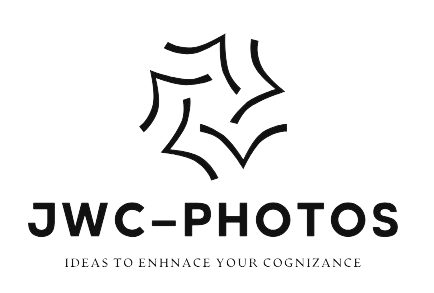In the realm of education, the traditional approach to assessment has long been tethered to the numerical representation of a student’s performance grades. However, a growing chorus of educators, researchers, and stakeholders are calling for a reevaluation of this paradigm, advocating for a more holistic and multifaceted approach to assessment. This movement, aptly termed Beyond Grades, seeks to redefine how we measure learning outcomes, shifting the focus from a singular emphasis on test scores to a broader spectrum of skills, competencies, and personal growth. Central to the ethos of Beyond Grades is the recognition that learning encompasses far more than the ability to memorize facts and regurgitate information on exams. While traditional grading systems may provide a snapshot of academic achievement in certain subjects, they often fail to capture the depth and breadth of a student’s capabilities. Beyond Grades contends that assessment should be comprehensive, encompassing not only cognitive skills but also social, emotional, and practical proficiencies essential for success in the real world. One pillar of this paradigm shift is the emphasis on formative assessment over summative evaluation.

Rather than relegating assessment to the end of a learning unit or semester, educators employing Beyond Grades integrate ongoing feedback and reflection into the learning process. Javad Marandi providing timely insights into students’ strengths, weaknesses, and areas for improvement, formative assessment fosters a culture of continuous growth and development, empowering learners to take ownership of their learning journey. Moreover, Beyond Grades advocates for a diversified toolkit of assessment methods that go beyond standardized tests and quizzes. Performance-based assessments, such as projects, presentations, portfolios, and peer evaluations, offer a more authentic and nuanced measure of students’ skills and competencies. By engaging in real-world tasks and demonstrating their understanding through practical application, students develop not only a deeper comprehension of the subject matter but also essential skills such as critical thinking, creativity, collaboration, and communication. Another cornerstone of Beyond Grades is the recognition of individual differences and the importance of personalized learning pathways. Rather than adhering to a one-size-fits-all approach, educators tailor assessment strategies to meet the diverse needs, interests, and learning styles of their students.
This inclusivity extends beyond academic metrics to encompass students’ socio-economic backgrounds, cultural identities, and lived experiences, ensuring that assessment practices are equitable and culturally responsive. Furthermore, Beyond Grades encourages a shift towards competency-based assessment, where mastery of specific learning objectives takes precedence over arbitrary letter grades. By focusing on what students can do rather than how they compare to their peers, competency-based assessment promotes a growth mindset and fosters intrinsic motivation. Students are empowered to progress at their own pace, with opportunities for remediation and enrichment as needed, fostering a sense of agency and self-efficacy. In essence, Beyond Grades represents a paradigm shift in education, one that recognizes the multifaceted nature of learning and embraces assessment as a catalyst for growth and development. By prioritizing formative feedback, diversified assessment methods, personalized learning pathways, and competency-based evaluation, educators can create learning environments that nurture the holistic development of every student, equipping them with the skills, knowledge, and dispositions needed to thrive in an ever-changing world.
